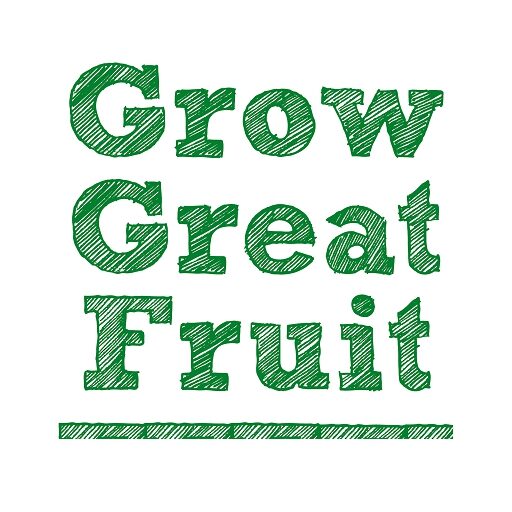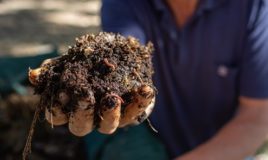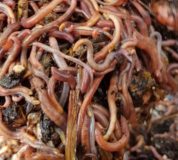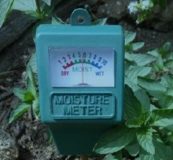
When watering your fruit trees, the aim is to keep enough water in the soil so the roots always have access to water, without letting the soil get too dry or too wet. This week we explain how to use tensiometers, a simple water monitoring too [...]
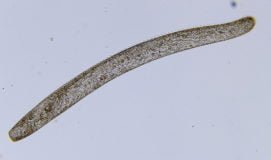
Protozoa are the next step up the food chain from the single-celled bacteria and fungi. The most common ones that exist in our soils are flagellates, ciliates, and amoeba and, on the scale of these things, are quite large (mostly 0.1–0.5 mm!). [...]

There are lots of things you can test your soil for, but unless you have a specific reason to do so, it’s not usually worth spending much money on it. There are a few simple tests you can do at home, plus three main types of diagnostic tests y [...]
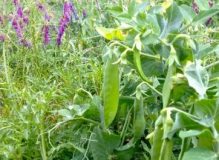
A green manure crop is usually a mix of fast-growing annual plants that are grown for soil improvement. As soon as the crop is tall enough, and before it flowers, it is either dug in or chopped off and left on the surface of the soil to add or [...]
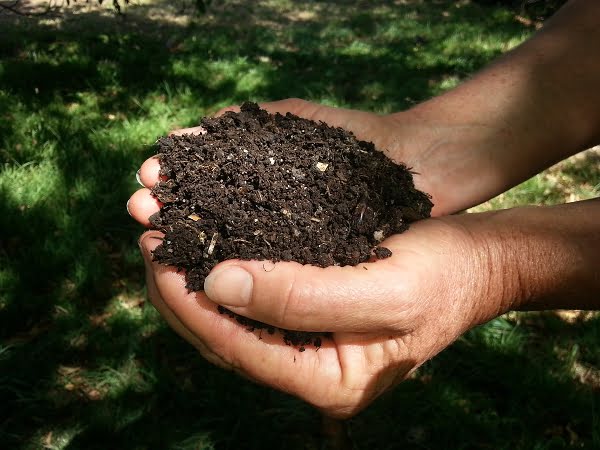
Fruit trees rely on stored nutrients for flowering, initial root growth, and fruit set in spring (this nutrition was provided by the microbes in the soil, and any compost or fertiliser you added last autumn). As they move into spring, the stor [...]
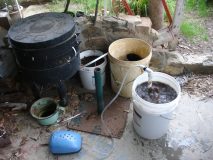
Compost tea is a great way to build your soil, making a small amount of compost or worm castings go a long way by rapidly multiplying the number of available microbes—it’s science in a bucket, but way more fun than you had in the school scienc [...]
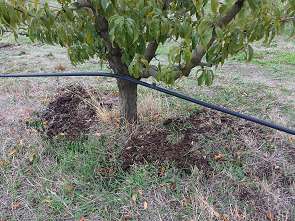
Taking a nutritional snapshot of your trees will help raise awareness of the nutritional status of your trees, help you plan what needs to happen in the future, and also diagnose potential problems you’re having right now. Find the activity in [...]
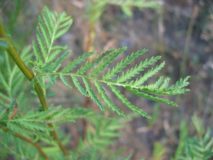
Tansy is in the Asteraceae Family, and is also called buttons, bitter buttons, scented fern, stinking willie, cow bitter, golden buttons and mugwort. It’s native to Europe, but is now common in Australia and many other parts of the world. Read [...]
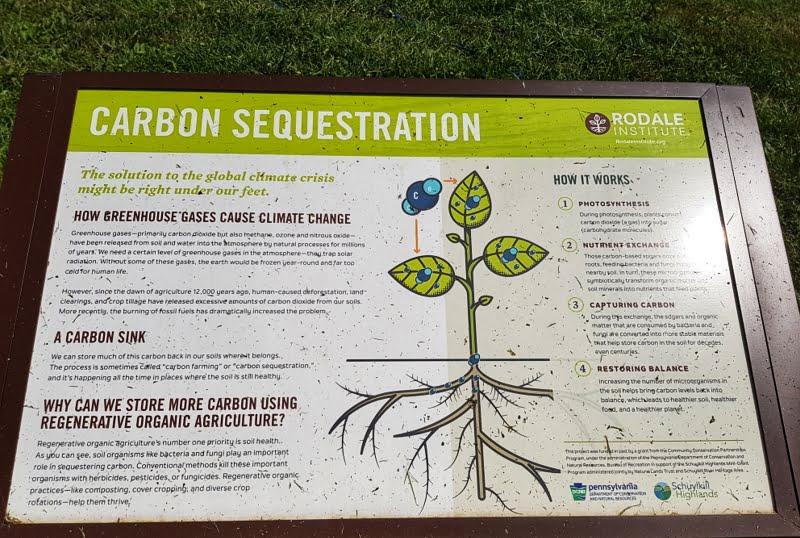
The soil food web is the most important part of your garden, and in fact of our entire ecosystem—without it, our soils would be sterile and there would be no such thing as organic food. The organisms in the soil are responsible for building so [...]
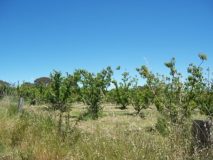
Lots of weeds act as indicator plants, which means they're telling you something about the soil they're growing in. Read the article in Autumn - Week 12.
